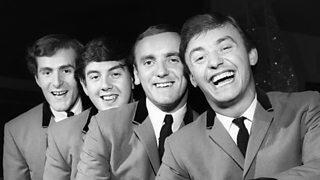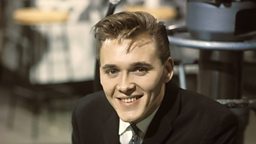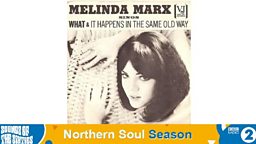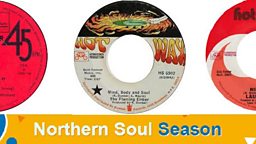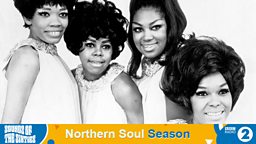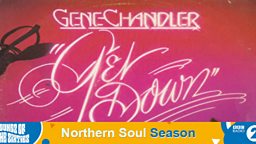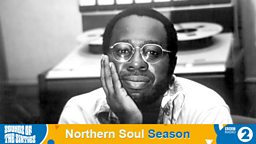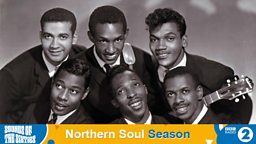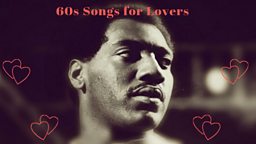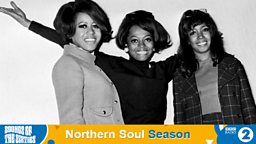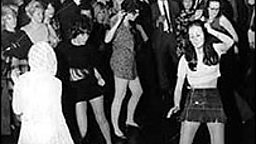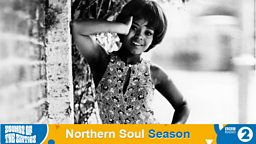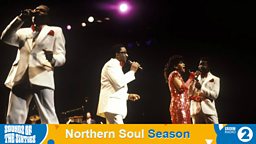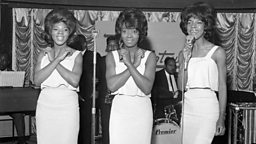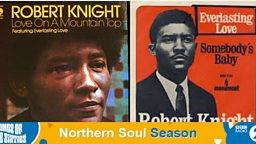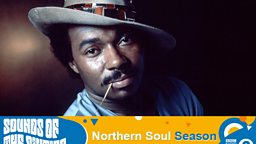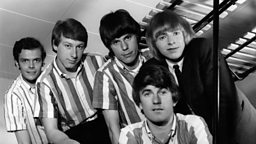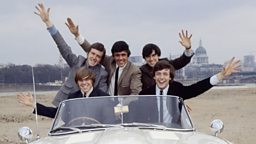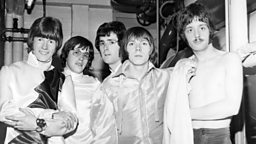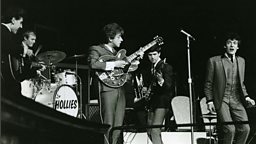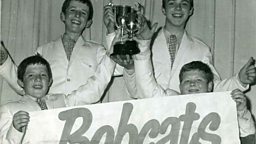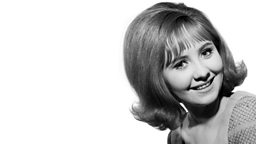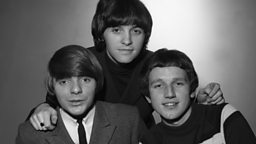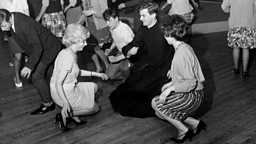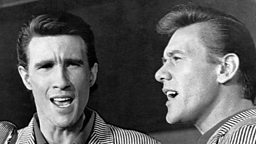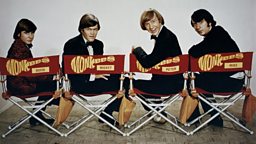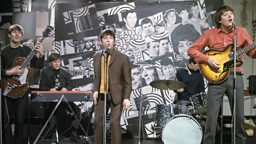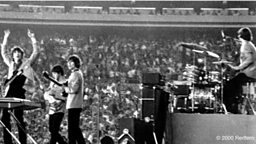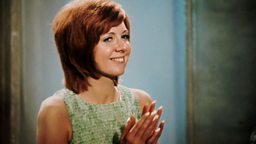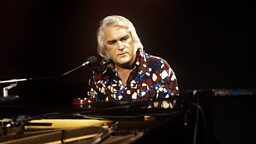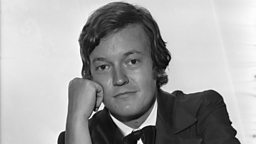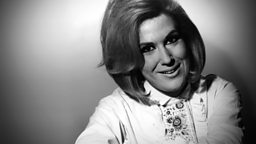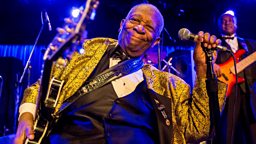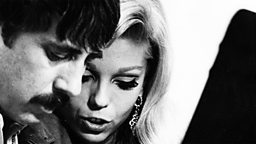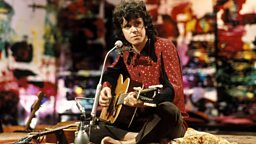The Supremes
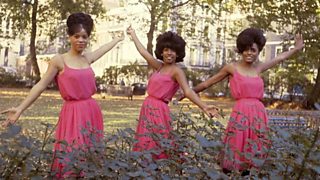
It's hard to imagine that The Supremes were once the least successful group on the Motown label. Before scoring their first UK or US Top 20 hit , Florence Ballard and Mary Wilson released eight singles, starting with the melancholy ‘I Want That Guy’ in 1961 – only ‘When The Lovelight Starts Shining Through His Eyes’ (1963) was even a minor hit. Eventually label boss Berry Gordy told them to record a song written by brothers . The Marvelettes had already rejected it, with lead singer Wanda Rogers tagging it "the most pitiful tune we'd ever heard." hated it too, but - with no hits - didn't have the Marvelettes' right of veto. Luckily for them the song was ‘Where Did Our Love Go’, and it reached no.3 in Britain and no.1 in the US in 1964. The 'Dream Girls' would eventually score a dozen American number ones before the sixties were over.
It was Eddie Holland's idea to have the soft-voiced Mary Wilson sing lead on ‘Where Did Our Love Go’. How different pop history might have been if that had happened. Berry Gordy had a soft spot for Diana Ross, though, which soon blossomed into an affair, and he insisted she sang it. Once their run of hits started, Gordy would send a bunch of roses to Diana whenever they were playing a show, but none to Flo or Mary, which must have done wonders for group spirit. And as Diana was dating the boss, Motown staff writers - notably Holland Dozier and Holland - worked doubly hard on the songs they gave the Supremes.
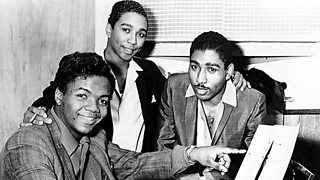
This could be the reason why there aren't many 'deep cuts' in the catalogue of The Supremes - while there seem to be an endless supply of astonishing rare or even unreleased recordings by (Lonely Lover), (I Got It Bad), (Think It Over, Reconsider) and (Come Back My Love), Motown's writers seemed to concentrate fully on perfecting Supremes A-sides. That's certainly not to say it's a waste of time listening to Supremes B-sides or album tracks: ‘You're Gone (But Always In My Heart)’ is a tender ballad on the flip of ‘Come See About Me’; the dramatic ‘Remove This Doubt’ accompanied ‘You Keep Me Hangin' On’; and ‘There's No Stopping Us Now’, hidden on the other side of ‘Love Is Here And Now You're Gone’, was certainly strong enough to be a hit in its own right.
As distinctive as Diana Ross was, few would argue that it was the blend of their three voices that made the Supremes click. had a husky breathy voice, which rather sadly never handled a Supremes lead, but was occasionally heard in isolation on their seventies recordings (most effectively on their 1972 hits ‘Floy Joy’ and 'Automatically Sunshine'). Florence 'Flo' Ballard, who was more of a belter, sang lead on several of their early recordings, notably the terrific ‘Buttered Popcorn’.
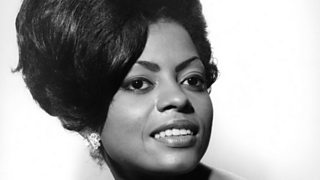
Flo was also the lippiest of the three, which caused many run-ins with Berry Gordy, and in 1967 she was thrown out of the group, with a one-off severance payment of $160,000, and replaced by Cindy Birdsong. This coincided with a name-change to Diana Ross & the Supremes. The imbalance of the new name, and Cindy's notably different voice, spoilt the magic - singles like ‘Forever Came Today’ (1968) and the loopy ‘No Matter What Sign You Are’ (1969) failed to reach the Top 20 in either Britain or America. The public sensed that the group was now little more than Diana Ross plus backing singers, and so it seemed inevitable when she left the group in late 1969, signing off with ‘Someday We'll Be Together’ (their last US no.1) on which neither Mary Wilson or Cindy Birdsong appeared. Flo Ballard sadly died in 1976 of a heart attack; the Supremes officially disbanded a year later when Mary Wilson - by then the only original member - decided to leave. Diana Ross was named the "Female Entertainer of the Century" by Billboard magazine, and won the Grammy for Lifetime Achievement in 2012.
-
![]()
Brian tells Bob Stanley about meeting Roy Orbison & Gene Pitney
-
![]()
Find out more about the songs we play each week

